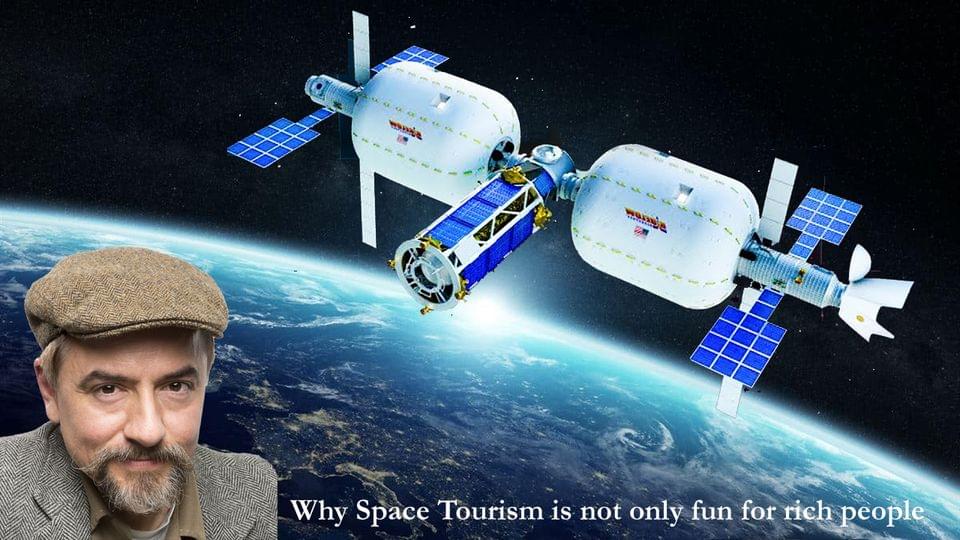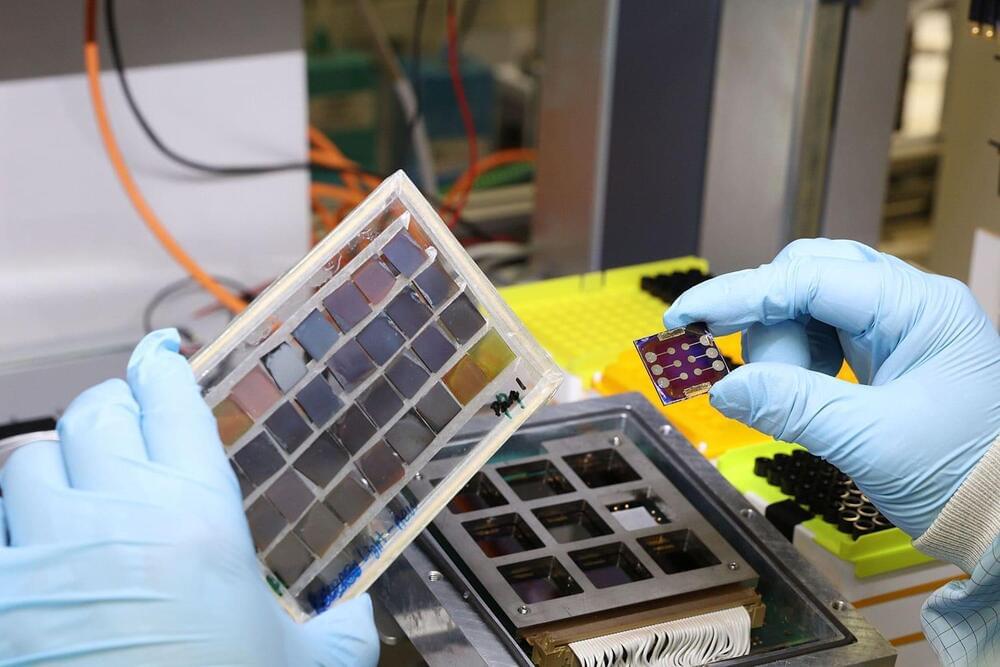Earlier this month, Airtable announced it’s now worth $11 billion after its latest funding round. The company’s “code-for-everyone-else approach allows professionals who aren’t fluent in coding languages such as Java or Python, and don’t have their desk buried deep within the stack, to play a part in rethinking and remaking the consumer and client digital experience,” reports Riley de León of CNBC. “The low-code movement has attracted an even higher level of attention as a result of the pandemic, during which organizations from hospitals to government entities and corporations have had to develop online offerings at a faster pace than ever expected and for new use cases.”
This movement is part of an increasing democratization of programming — borne of extreme necessity. At a time when digital transformation is everywhere, “relying on IT departments and professional programmers is unsustainable,” an O’Reilly report states. “We need to enable people who aren’t programmers to develop the software they need. We need to enable people to solve their own computational problems.”









